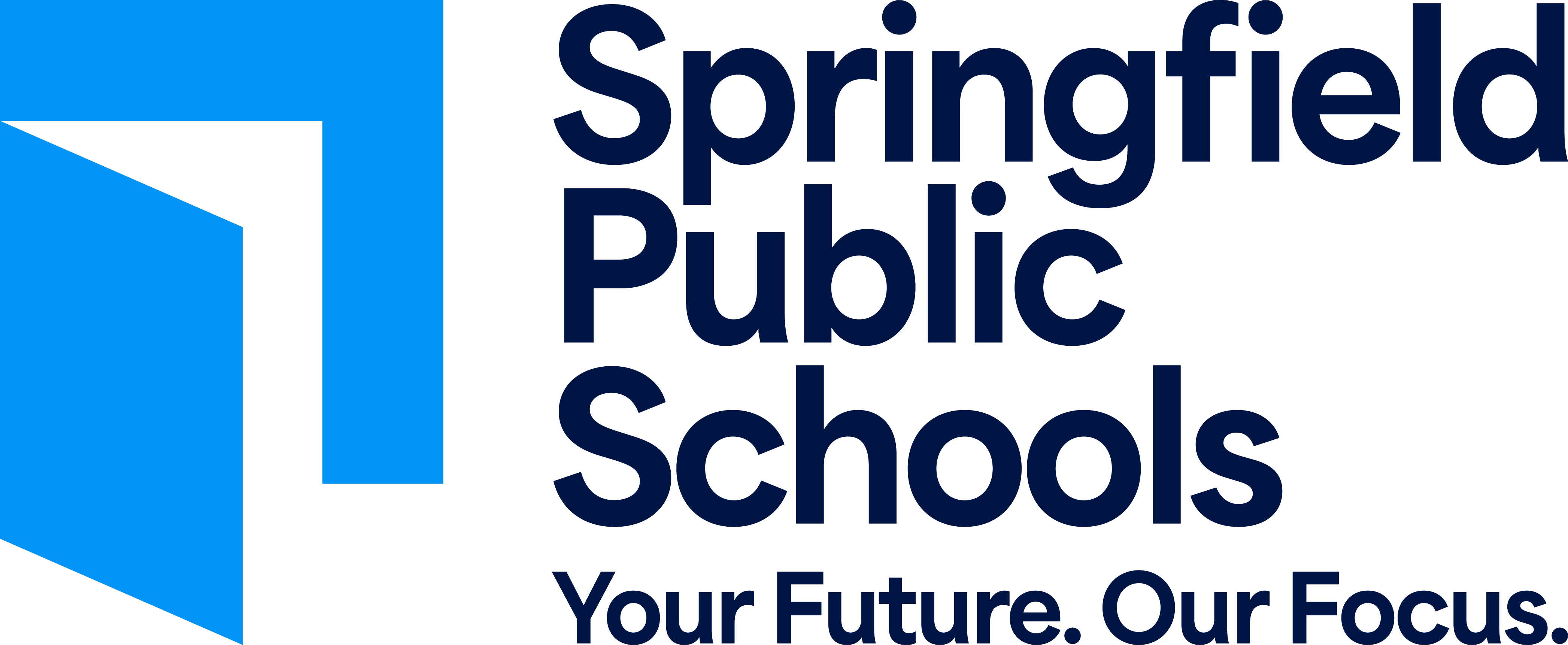Springfield Option Site supports student growth and growing gardens at Great Circle
After nine years of serving students in his third career, special education teacher Steven Imerman has retired. He worked in the Guth Cottage classroom of Springfield Option Site (SOS) at Great Circle, a residential treatment facility for students at risk.
As he stands in his classroom, Imerman pauses to describe each piece of science equipment acquired over the years, next to a rack of charging Chromebook, remembering the trips the school has gone on thanks to the grant money. His French Brittany therapy dog, Conan, follows him quietly around the room.
Students at SOS live at Great Circle, an agency that provides a unique spectrum of behavioral health services to children. Many students have had adverse childhood experiences that make it difficult to emotionally and academically thrive in a traditional school environment.
Over the years, Imerman estimates around 300 students have passed through his classroom, with more than 100 percent turn over each year. He spends all day with his students, up to 12 at a time, as their classroom teacher. But he wasn’t always an educator.
Imerman spent 22.5 years in the US Army, retiring as a first sergeant. Later, he worked for nearly a decade as a contractor, selling office systems furniture to the Army, Air Force, Navy and US Embassy in South Korea and Hawaii.
His small classroom, the only classroom he’s ever taught in, is where he tries to make a difference by helping his students learn and establish good habits that will anchor them in their lives ahead.
“You have to be a jack of all trades, yeah,” he says, sipping on a cup of coffee brewed behind his desk. “Today, we’re all working on or researching different topics. I’ve got eight students in five different grades and on three different schedules. This is computer and coding day. Each student works on one of several approved websites or researches a topic picked by them and approved by me. I let them pick. If they’re interested in a subject, it’s better for them and me.”
Besides the year-to-year grants for field experiences and equipment, in the fall of 2017 Imerman and S.O.S. paraprofessional Amanda Fuessel applied for a grant from Cornell University to build bird houses and plant bird habitat plots for outdoor learning experiences. The staff and students researched what it would take to complete the project, totaling $630 worth of items.
They applied, along with 840 schools. S.O.S. was one of just 20 schools to win a grant.
So, Imerman and his students got to work, tilling up eight raised garden beds, 4' by 12'. But Imerman and his ever-changing group of students did more than dig garden beds. They ensured, through research and careful plant selection, that the habitat beds would be self-sustaining, thriving with little to no maintenance once established. Many students contributed to the project by building bird houses as well, says Imerman.
“Many of our kids at Great Circle haven’t had many of the opportunities that many other students in our district have had,” said Dave Whitson, program director at Springfield Option Site. “Most of the time, our students are coming from low socioeconomic, experience deprived homes. Having a garden or learning experiences gives them the ability to engage in the community, and that’s restorative to a certain degree.”
Each day, the lessons change outside and in Imerman’s classroom, but he sees each day as a new day to focus on a student’s potential and develop future plans. On his whiteboard, the day I visited, was written, “Where do you want to be a year from today? How do you want to get there?”
“Especially at the end of the year, I want them to be thinking ahead,” Imerman says. “Graduating high school is a big goal, you can’t achieve that today, this week, this month or even this year. We set weekly goals, daily goals, little goals, stepping stones to where you want to be. Today, maybe their goal is to turn in all their assignments and do well on them. Doing that today helps them do better tomorrow, to get back to regular high school, to contribute to their community. I just help them take another step forward and eventually to graduate from high school.”
On May 22, Imerman retired from S.O.S., SPS and education. He has plans to travel, visiting the battlefields of the history lessons he taught. He’ll visit Great Circle over the summer, tending to the bird habitat plots he helped build before Amanda Fuessel, his grant partner, takes over his classroom.
But the legacy he hopes he left in education is a simple one.
"Of my kids, there's maybe a tenth that I helped them see something special in themselves, give them a smidge more confidence and grit than they had before," he says. "I hope I'm remembered for doing my small part. I'm a little cog in the big picture."


